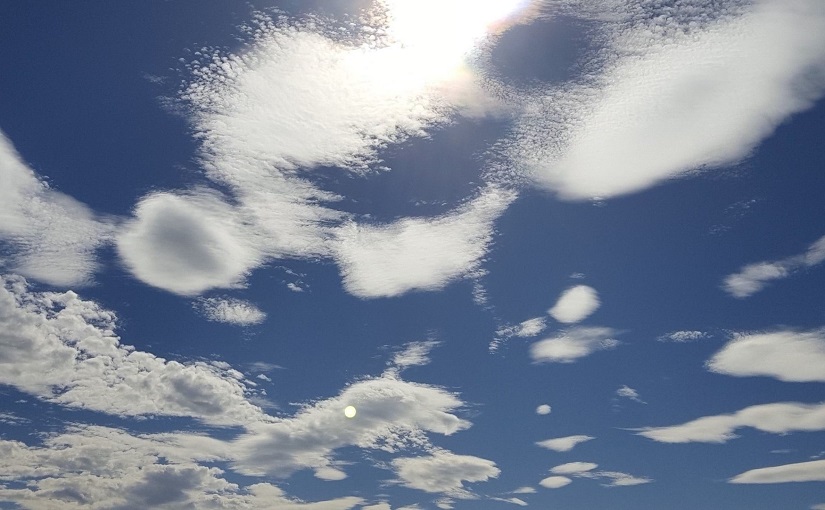Music, obviously, can be seen as the soundtrack to our lives. Personally and collectively, it can be a force that unites us through the expression, exploration or creation of shared experiences (Notes One). It’s strange – this mysterious activity whereby sound connects with emotion, effectively drawing us out of ourselves and into this slightly different space – but quite beautiful in its potential.
It’s something that often comes to define us. Music tending to be a bridge whereby we uncover affinity with others, sharing our love of bands or genres, bonding ourselves to that group and all that comes with it. Also, more personally, shaping our inner lives by way of songs that resonate: speaking to our emotions, reaching in to echo our experiences or validate our sense of self, becoming part of who we are.
Perhaps, then, becoming the tracks our lives take as we make our way through whatever we’re dealing with toward what we’ve fixed our heart upon. Songs we might return to over the years that chart the landscape of our lives, evoking the depths of our being – who we were, are, hoped to become. Social and emotional reflections of paths we’ve walked, the arc of our development, our soul and all that’s marked it.
Is this wise? Are these songs serving as poetry – complex, true, trustworthy containers of human experience that help us in processing a delicate soul life? Where do these paths lead us? Into dead ends, wallowing pools of self-validation that seek to make an identity of suffering, leaving us trapped in the prisons carved around us? Routes for integrating and releasing our experiences? Is music therapeutic or pathological?
And this isn’t intending to be critical, simply exploratory: what is it we’re doing here? If we were to see music as medicine for the soul, what approach are we taking? On a personal level or the social one, are we reinforcing wounds or healing them? What is this process of reflection, resonance, identity that we’re getting from culture? Are our cultural reference points signs of sickness or of healing?
As with any discussion of culture, I tend toward thinking it’s a question of how we approach things – whether we accept them as they appear on the surface or dig a little deeper for what’s going on underneath (Notes Two).
We unquestionably live in an imperfect world but, that being the case, do we embrace the dark or the light? Do we go into the darkness, indulge it, make ourselves a home there? Or might we seek to counteract it with light somehow? Does this become some form of reconciliation, reworking, release? Maybe culture either tends toward the light or the dark? Burrowing into our difficulties or seeking to bring them out to the light of day.
And listening to Elliott Smith, Karma Chameleon or Morcheeba must make quite a difference. If the tracks we’re selecting might be serving us this way, it seems to become a question of how we’re then navigating our inner lives.
Notes and References:
Note 1: Music and its power to inspire
Note 1: Busking as a gift
Note 2: Culture as reflection
Note 2: It resonates, but should it be amplified
Note 2: Reference points for how we’re living
Note 2: Do we know what we’re doing?
Note 2: Playing with fire?

